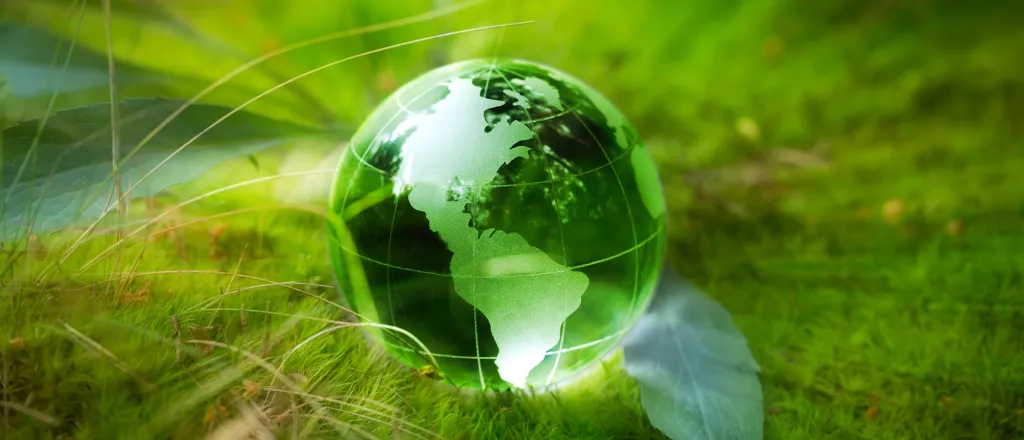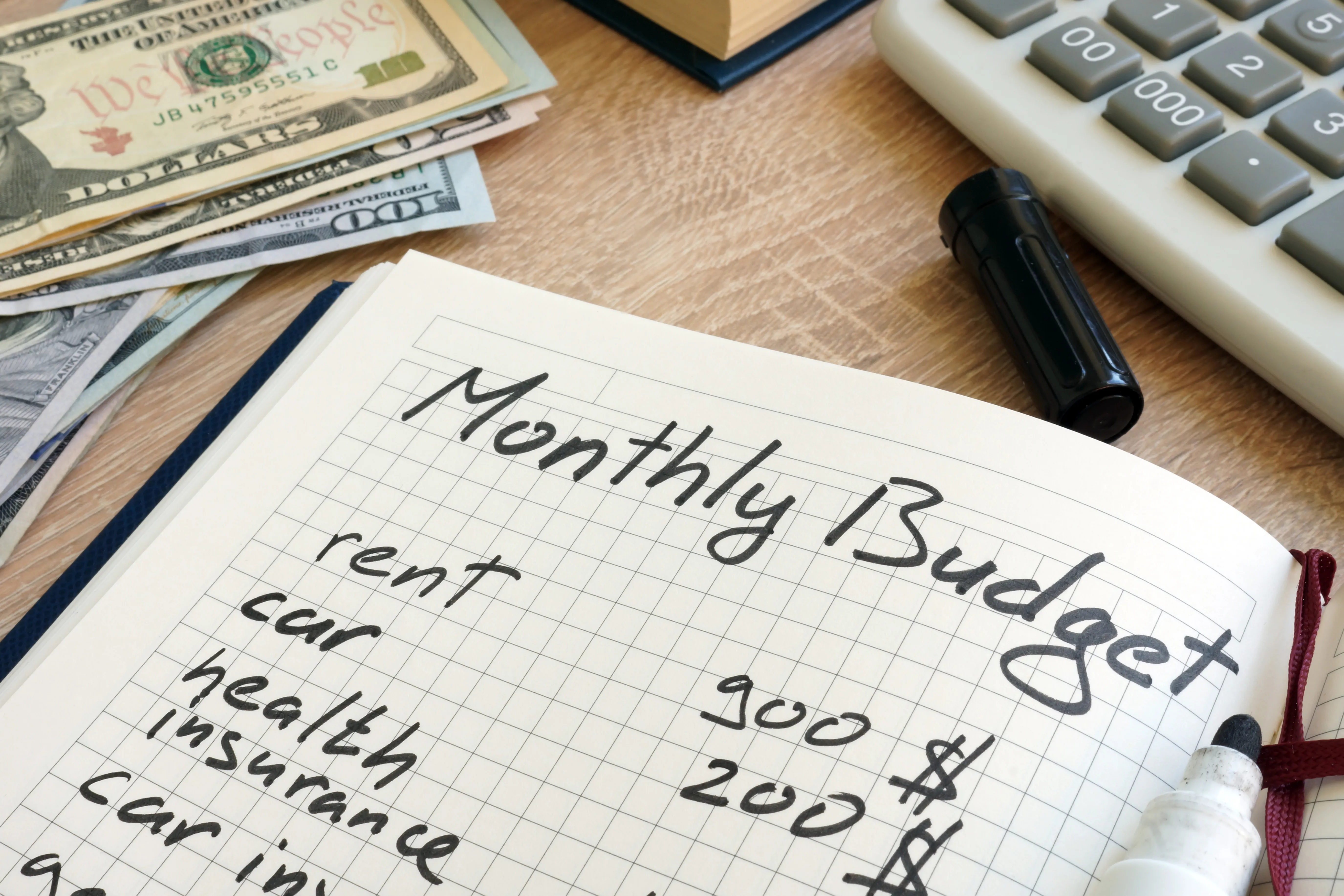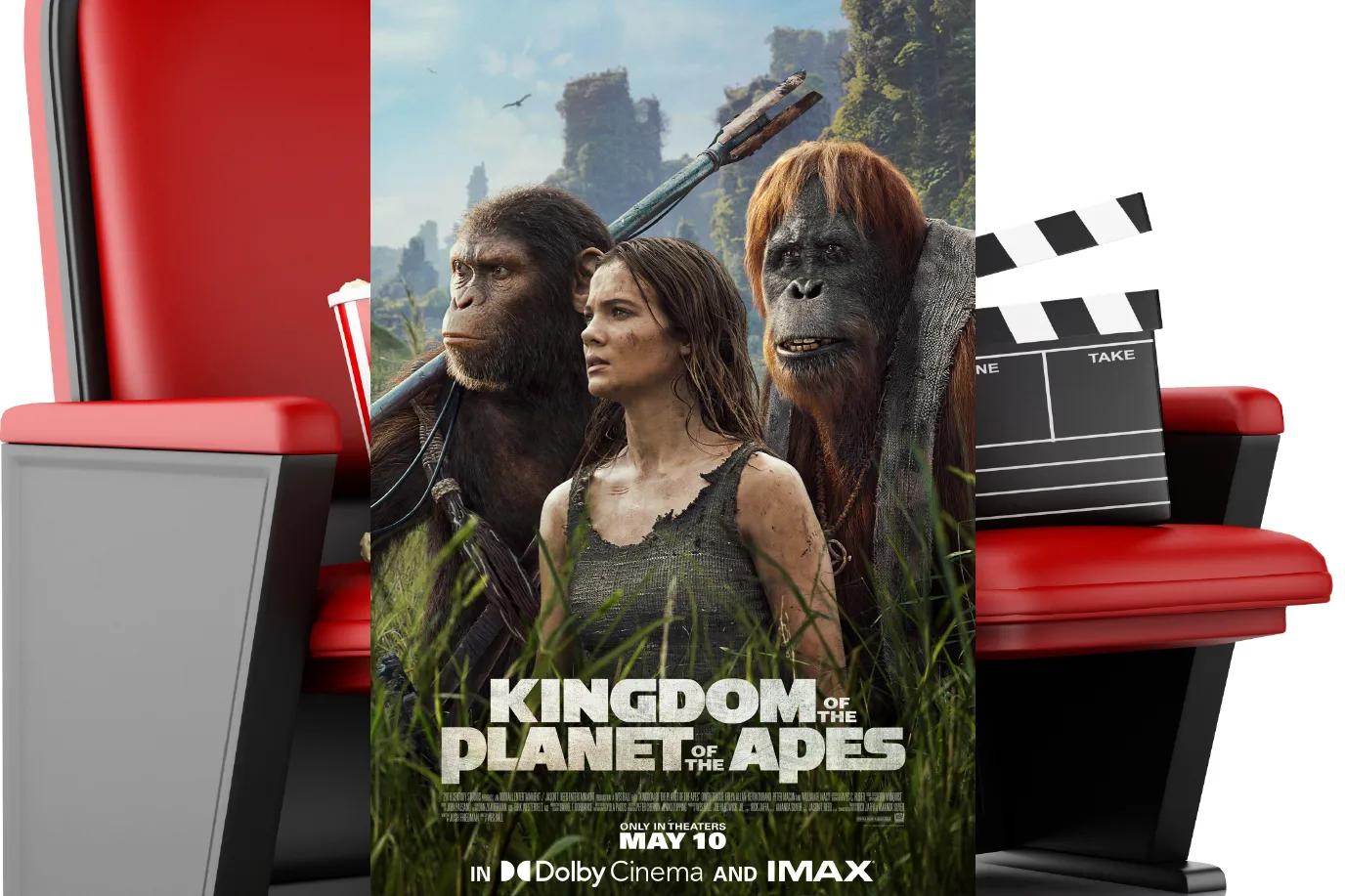
EarthTalk – Which companies are taking the lead in reducing plastics?
© iStock
Dear EarthTalk:
Which companies are taking the lead in commitments to plastics reduction?
– Jason K., Reno, NV
Our modern world is literally swimming in plastic. According to Plastic Oceans International (POI), we produce over 300 million tons of plastic each year around the world, half of which is for single-use purposes. We then dump eight million tons of it into the oceans annually, where it accumulates up and down the food chain, with some settling into large, mid-ocean whirlpools of plastic waste called gyres.
Since the 1950s, we’ve produced upwards of 8.3 billion tons of plastic, and production is seemingly only just starting to ramp up: A recent study predicts we’re on course to add another 26 billion tons to the planet’s existing plastic burden by 2050 if production remains unchecked.
Weaning ourselves off plastic is going to be one of the great challenges of the 2020s. Consumer demand, along with governmental action, is forcing many companies to re-examine their manufacturing processes, supply chains and distribution networks to reduce the use of plastic in both products and packaging.
One leader is Ikea, which recently committed to transition much of its plastic packaging to a mushroom-based renewable alternative that can grow in a controlled environment, and, like plastic, be easily formed into shapes. If kept dry, this “MycoComposite” can be used over and over. It can also decompose fully in just 30 days. Producing it uses only 12 percent of the energy required to make the same amount of plastic, and with 90 percent lower carbon emissions.
Another step in the right direction is Mattel’s recent commitment to use 100 percent recycled, recyclable or bio-based plastics materials in both its products and packaging by 2030. Early in 2020 the company will debut its first product aligned with this new goal, the Fisher-Price Rock-a-Stack, made from sugarcane-based plastics and packaged in 100 percent recycled or sustainably sourced material.
Walmart announced in February that it seeks to achieve 100 percent recyclable, reusable or compostable packaging for its private brand packaging by 2025 and will encourage other brands it sells to set similar goals. The retailing behemoth is also working with suppliers to eliminate non-recyclable PVC plastic in general merchandise packaging altogether by 2020.
These efforts are laudable, but some worry that shifting to alternatives doesn’t fully address the problem: Due to public concerns about plastic pollution, says Greenpeace’s Graham Forbes, “we are witnessing a parade of corporations scrambling to look greener” by advancing false solutions that don’t address our addiction to single-use packaging. Instead, Greenpeace argues, we need to get away from throwaways and refill our own containers. We’ll only see real change, says Forbes, when we prioritize re-use.














